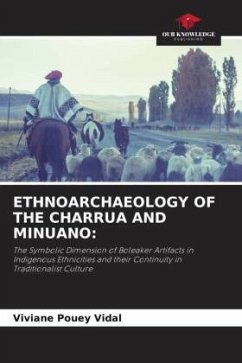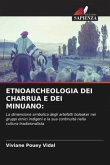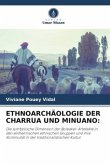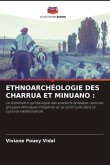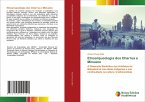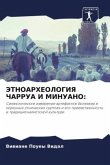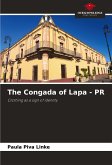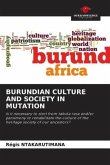The objective of this master's thesis was to understand the bolas in a continuous historical process, but with different meanings. The approach used analyzes the use of bolas by different indigenous partialities of the Southern South, in hunting, war and game activities, commenting on their transculturation into the daily life of the cowboy who used them to work on the cattle ranches.However, after the domestication of the animals, the bolas lost their technical function, but continued to be present in the cultural context of the gaucho as a symbolic element that represents and strengthens his identity as a gaucho.In this perspective, seeking to understand the symbolism of the bolas in different historical periods, an ethnography was carried out in Uruguaiana /RS, in which the oral memory of the gauchos who made and used the bolas in rural work was approached. In the village "Polidoro Povo Charrua", in Porto Alegre, an ethno-archaeological work was carried out that highlights theway the indigenous people appropriate the bolas made with the bolas in the construction of their ethnic discourses as a symbolic element that affirms the existence of their ancestors.
Bitte wählen Sie Ihr Anliegen aus.
Rechnungen
Retourenschein anfordern
Bestellstatus
Storno

